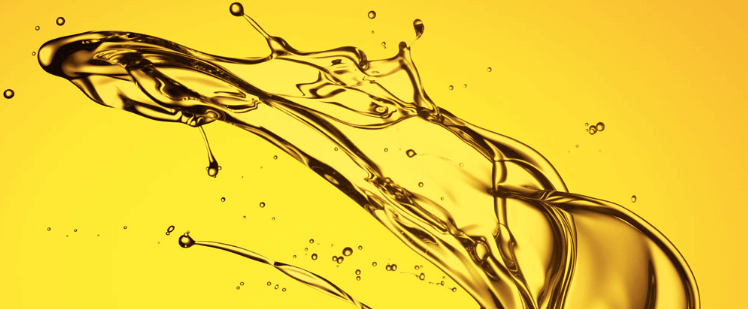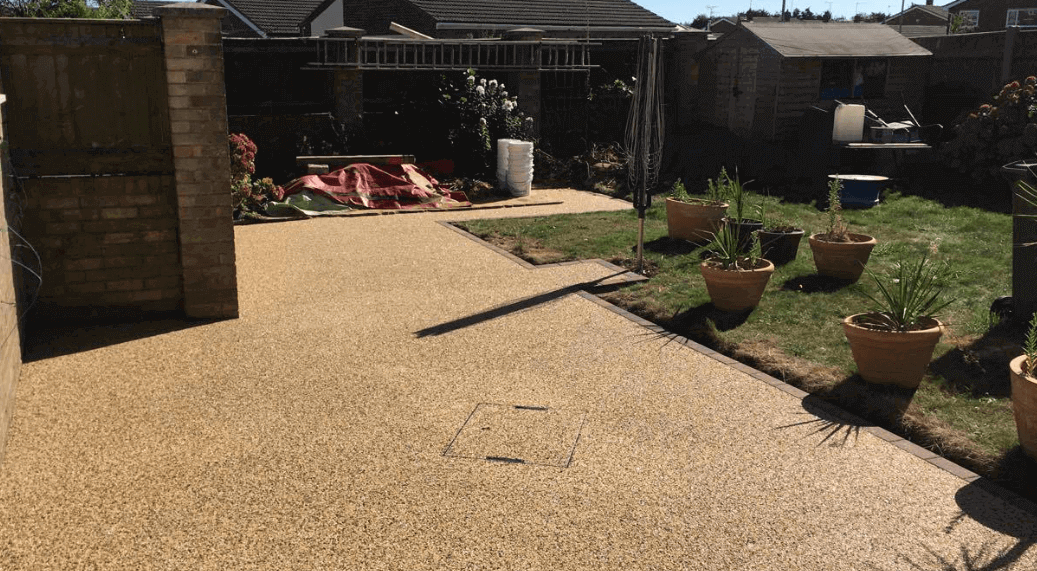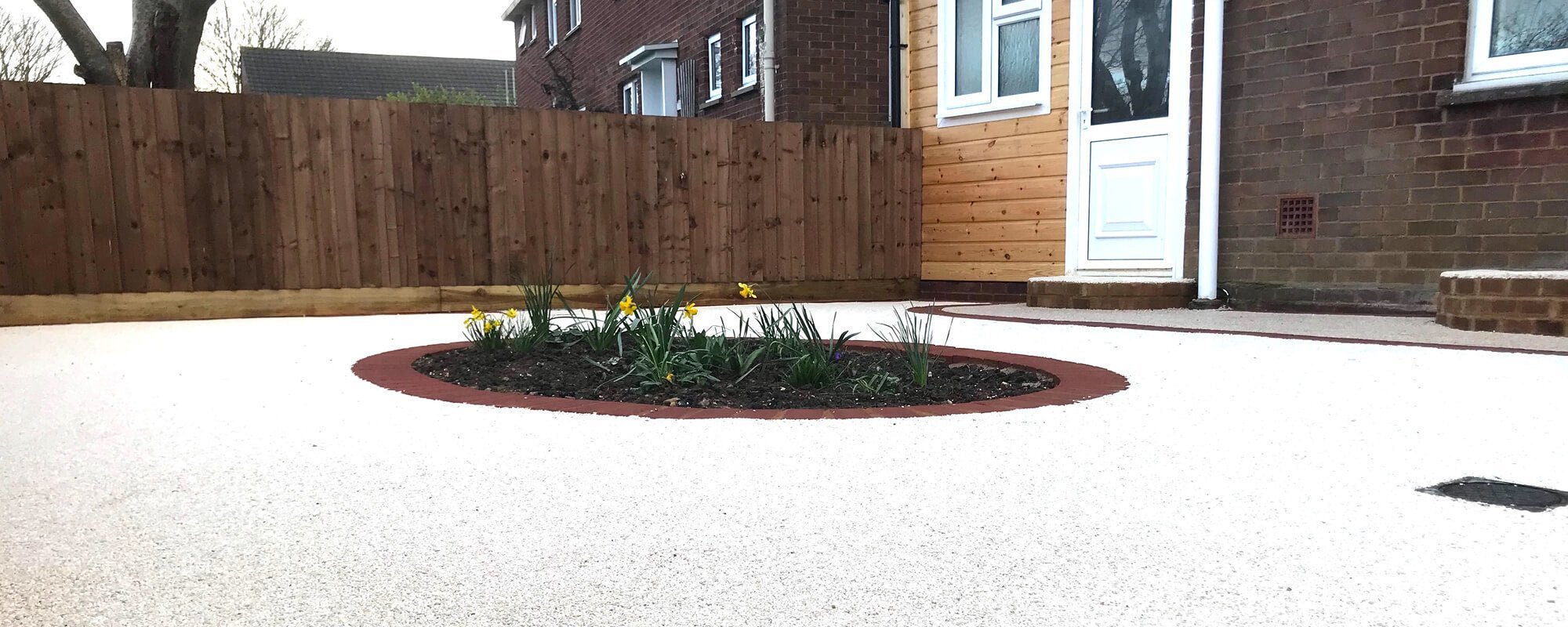What Makes A Good Quality Bonding Resin Bound?
There are many resin bound mixes available on the market, from a variety of different bonding resin bound suppliers. Some companies however are more transparent about the performance and what’s in them than others.
1) High quality resin is not one that has multiple uses. A quality resin is one specifically formulated for resin paving and resin driveways. If a resin is specifically formulated it can have all the properties we need it to have, to do the job it’s supposed to do. The Polyol, Part A, is the part of the mixture that is we make have the properties that we want. Formulated properties for resin drives include:
- Excellent bonding properties
Crucial for the resin bound aggregates to stick to each other and to the sub base indefinitely.
- High load bearing capacity for tension and compression
Crucial for any kind of impact that may occur with the resin bound paving. If there is any movement in the sub base of the resin paving the resin needs to be flexible enough to allow for movement so that it doesn’t crack. Quite similarly if water were to ever freeze between the bonds after rain or snowfall, the bonds need to be elastic enough to take the tension and not break.
- Great abrasion and impact resistance
Needed for the general life of the resin bound paving, as it needs to cater for vehicle traffic and foot traffic.
- Chemical-resistance to substances, including water, oil and grease
It’s inevitable that at some point that oil or grease will land on the resin bound, be it cooking oil from the burst shopping bag or leaks from the car. Water is always going to hit resin bound paving so resistance to water is a definite must.
- Strong resistance to extreme temperatures, both cold and hot
Extreme hot temperatures? Not a sentence known by anyone who lives in the UK. However, of course from a performance perspective we need to know that if the temperature did go up to 150°c or down to -40°c, we would still have a working resin bound driveway.
2) High quality gravel glue will be solvent free. Solvents are not an ideal component in a resin bound mixture. Make sure you don’t forget to ask your supplier if they use solvents in their polyurethane. Often they manage to cover up the use of solvents on the labelling but the resin bound mixture may well still contain solvents. Masking the use of solvents in the resin is known as a “process in aid”.
3) High quality resin bound mixtures are made in house. This is so that the variables in production that may affect the performance of the resin, can be monitored and trusted, in a controlled environment.
Why Not Use Epoxy Resin For Resin Bound Driveways?
Epoxy resin is brittle and can crack as it has more chemical bonds. Due to the chemistry in polyurethane resin, it is more flexible. It has resilient and tough polymers, so it will not crack. It is one of the most versatile elastomers and is used in many applications worldwide.
How We Make Polyurethane Resin Bound
Reacting the polyol (Part A) with isocyanate (Part B) creates the polyurethane. Common to popular belief, the Part B is not the catalyst for the Part A. In fact the reaction to create the resin bound is between the hydroxyl groups (long chain water like structures) in the Part A that cross-link with the isocyanate creating an irreversible exothermic reaction. This reaction results in the resin bound liquid that will solidify to bind together the resin bound aggregates and create a durable yet supple surface.
Related Articles: Introducing ResinBound Pro
If you would like any further advice on resin bound mixtures or would like to know which one is most suitable for your permeable paving project, please get in touch.








Leave a comment
This site is protected by hCaptcha and the hCaptcha Privacy Policy and Terms of Service apply.